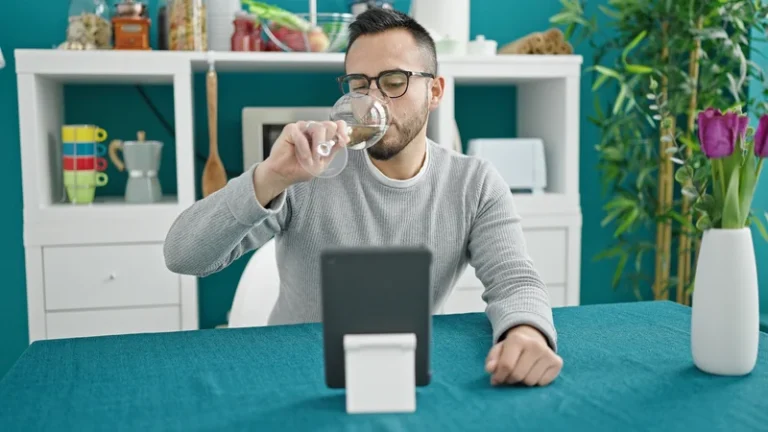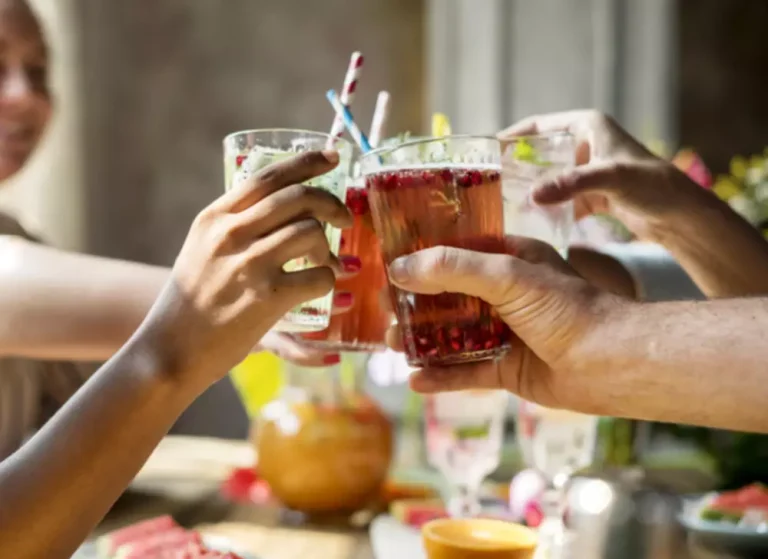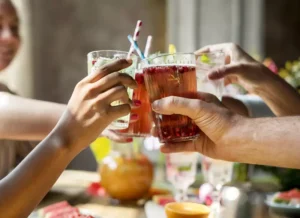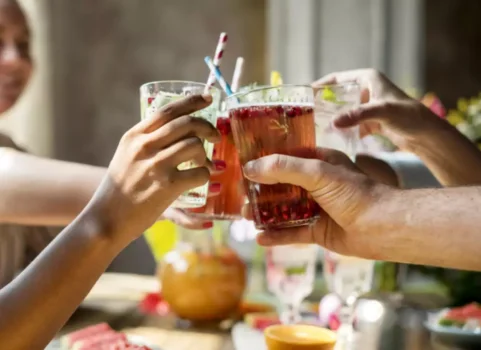
Ramnauth said alcohol can also impair or diminish “baroreceptors in the brain that would sense blood pressure.” These baroreceptors regulate blood pressure by detecting changes and signaling the body to adjust. When they become impaired by alcohol intake, the body might not respond as effectively to changes in blood pressure, leading to persistent high blood pressure. The Office of Disease Prevention and Health Promotion notes that people between the ages of 18 and 39 years who are not at risk of hypertension should have their blood pressure checked by a doctor at least every 3–5 years.
Effects of alcohol on your heart
Proper management of hypertension can lead to reduction in cardiovascular complications and mortality (Kostis 1997; SHEP 1991; Staessen 1999). Alcohol may raise blood pressure alcohol, particularly when consumed in excess. While moderate alcohol consumption might not significantly harm most people, drinking too much alcohol, especially through binge drinking or heavy alcohol use, poses serious health risks.
Kawano 1992.
- Heart rate increased significantly after alcohol consumption and remained increased at all times measured.
- Moderate alcohol consumption, defined as one drink a day for women and up to two drinks a day for men, may have minimal effects on blood pressure alcohol.
- For high doses of alcohol, we found moderate‐certainty evidence showing a decrease in SBP and low‐certainty evidence suggesting a decrease in DBP within the first six hours and 7 to 12 hours after consumption.
- Studies have shown that excessive alcohol consumption can worsen blood pressure levels.
We classified six studies as having low risk of performance bias (Dai 2002; Narkiewicz 2000; Nishiwaki 2017; Potter 1986; Rosito 1999; Van De Borne 1997). In this study, all test drinks were poured into paper cups to achieve blinding of participants. We contacted the author of Rosito 1999 to request additional information regarding the method of blinding used. The study author explained the blinding method in detail in an email, so we classified this study as having low risk of bias.
- Naimi served on an advisory committee that wanted to lower the U.S. recommendation for men to one drink per day.
- Even though these studies reported that participants were randomised to receive alcohol or placebo, the method of randomisation was not mentioned.
- Drinking moderate amounts of alcohol or less is not likely to cause serious, long-term problems with your blood pressure..
- Although three studies did not report the method of randomisation (Barden 2013; Buckman 2015; Dai 2002), their reported baseline characteristics were well matched.
- Alcohol withdrawal reverses the adverse impact of alcohol on endothelial function, with rapid normalization of the BP.
- Drinking alcohol to excess can cause other serious health conditions, such as cardiomyopathy (where the heart muscle is damaged and can’t work as efficiently as it used to) and arrhythmias (abnormal heart rhythms).
Avellone 2006b published data only

On average, drinkers consume 32.8 grams of pure alcohol per day, and beer (34.3%) is the most consumed alcoholic beverage (WHO 2018). In the United States, 14 grams of pure alcohol is considered as one standard drink or one unit, and the maximum daily limit for men and women is four and three drinks, respectively (NIAAA 2017). Exceeding this limit increases the risk of cardiovascular, hepatic, and nervous system disorders (Bellentani 1997; Fuchs 2001; Gao 2011; Lieber 1998; McCullough 2011; Nutt 1999; Welch 2011). Also, multiple studies have found associations between consumption of alcoholic beverages and specific cancers (Kushi 2012; Seitz 2007). Abuse does alcohol decrease blood pressure of alcohol resulted in approximately 3 million deaths worldwide and 132.6 million disability‐adjusted life years (DALYs) in 2016 (WHO 2018).
High blood pressure and alcohol use are linked — studies show that unhealthy lifestyle habits, including excessive drinking, are risk factors for developing hypertension. Heavy alcohol use often causes chronically high blood pressure, also known as hypertension. Hypertension increases your risk of many health problems, including strokes, heart attacks and kidney problems.
- With moderate doses of alcohol, blood pressure (BP) went up for up to seven hours but normalized after that.
- Additionally, the American Heart Association states that the idea that red wine is good for the heart may be untrue.
- Impairment of baroreflex sensitivity results in failure to sense the increase in heart rate and maintenance of cardiovascular homeostasis.
- According to the Centers for Disease Control and Prevention, nearly 120 million American adults are battling this “silent killer”, but alarmingly, only a quarter are managing it effectively.
- Acute alcohol consumption mimics the pattern of social drinking, and evidence indicates that even one glass of an alcoholic drink can increase heart rate.
After de‐duplication and screening of titles and abstracts, we were left with 482 citations for further assessment. We retrieved full‐text articles for those citations and included 32 studies (Figure 1). The Cochrane Hypertension Information Specialist searched the following databases without language, publication year, or publication status restrictions. “In limited amounts, it’s probably OK based on the data that we have,” says cardiologist Luke Laffin, MD, co-director of the Center for Blood Pressure Disorders at the Cleveland Clinic in Ohio. AARP is a nonprofit, nonpartisan organization that empowers people to choose how they live as they age.

Carter 2011 published data only

Chen 1986 reported that two participants in the alcohol group dropped out of the study for unknown reasons, so data analyses were based on eight participants in the alcohol group and on 10 participants in the control group. Because the reasons behind withdrawal were not mentioned in this study, we considered this study to have high risk of bias. We (ST and CT) independently screened the citations found through the database search using Covidence software (Covidence). We excluded articles if the citation seemed completely irrelevant or was identified as a review or observational study after the title and abstract were read.
I’ve had heart surgery. When can I drink alcohol again?
Most studies gave participants 15 to 30 minutes to finish their drinks, started measuring outcomes sometime after that, and continued taking measurements for a certain period, but there were some exceptions. Chen 1986 did not report consumption duration nor timing of measurement of BP and HR. Dai 2002 gave participants five minutes to consume high doses of alcohol and measured outcomes immediately. On the other hand, Fantin 2016 allowed participants to continue drinking during the period of outcome measurement.
To determine short‐term dose‐related effects of alcohol https://ecosoberhouse.com/ versus placebo on systolic blood pressure and diastolic blood pressure in healthy and hypertensive adults over 18 years of age. Drinking too much alcohol over time can lead to sustained high blood pressure alcohol. Heavy alcohol use—defined as more than three drinks per day—damages the blood vessels, weakens the heart muscle (a condition called alcoholic cardiomyopathy), and leads to a higher risk of developing hypertension.
Researchers
“This complex interplay leads to elevated blood pressure and subsequent hypertension,” Ramnauth said. However, “since everyone has different physiology, many people may react to the same amount of alcohol in diverse ways,” he Substance abuse added. Various drinks may help a person reduce their blood pressure, such as tea or beetroot juice. A person who has hypertension should avoid consuming too much caffeine or soda. People over 40 years old or those with a higher risk of hypertension should have a doctor check their blood pressure at least once a year.